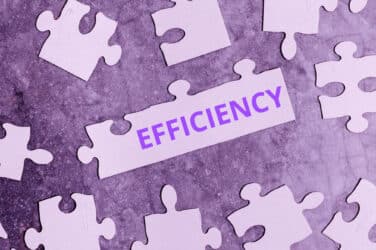While European asset manager rush to prepare for the MiFID II’s January 3, 2018, implementation deadline, their US-based counterparts are coming up to speed quickly on the regulatory regime’s global impact, especially regarding fixed income trading.
According to a recent survey of 52 European and US asset managers done by trading venue operator Liquidnet, only one in four US traders are aware of their firm’s MiFID II plans, which is a four-fold increase from a year ago.

Constantinos Atoniades,
Liquidnet
“I’d expect if the survey took place today, the number of US-based traders aware of their firm’s MiFID II plans would be more than 25%,” said Constantinos Antoniades, global head of fixed income at Liquidnet. “I’m not sure if it would be 30% or 50%, but it would be higher than 25%.”
Some of the increase in awareness comes from global asset managers converging on one best execution policy for all of their regions.
“Suddenly, if you are a US-based trader, many times you’ll find yourself subject to a new best execution policy that best reflects MiFID II requirements,” said Antoniades.
For buy-side traders who do not work for a multinational asset manager, MiFID II still will cast a long global shadow over the fixed income markets in terms of liquidity information, price transparency, and market fragmentation or centralization, he added.
One major knock-on effect of global best execution policies will be an increase of trading fixed income electronically.
“MiFID II puts a lot of focus on best execution policy and processes and looking for liquidity on electronic venues are becoming a part of those new policies,” explained Antoniades. “That has never happened before. It used to be up to the trader to decide what to do.”
More than half of survey respondents stated that there is a greater amount of liquidity available electronically than a year ago as well as expect electronic liquidity only to grow.
The electronic fixed income market should not expect an explosive growth in volumes as soon as MiFID II goes into effect.
“You will not see volumes tripling between December 2017 and January 2018,” he said. “But over a space of a few quarters, we should see a significant jump and then a steeper adoption curve than we have seen in the past five years.”
Antoniades also expects the average size of electronically executed fixed income trades to increase in a post-MiFID II world as asset managers take advantage of less transparent large-in-scale transactions.






